No products in the cart.
Return To ShopVitamin Deficiency Diseases Causes, Symptoms & Treatment
Vitamin deficiency diseases are health conditions that develop when the body does not get enough essential vitamins from the diet. Vitamins play a vital role in immunity, bone health, metabolism, energy production, and cell repair. When the body is deprived of these nutrients for a prolonged period, it results in weakness, organ dysfunction, and in severe cases, life-threatening diseases.
In today’s fast-paced lifestyle, reliance on processed foods, lack of dietary variety, and poor eating habits make vitamin deficiencies a growing global concern.
Take control of your nutrition today – eat balanced, stay active, and protect your health for the future vitamins-minerals.
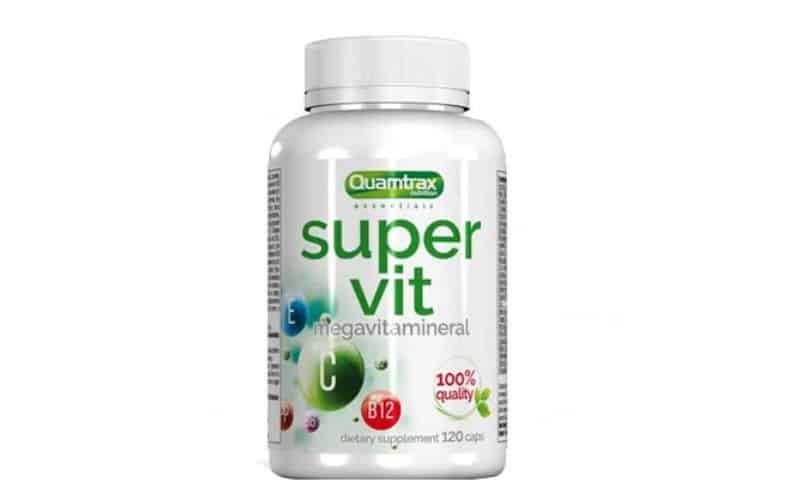
List of Major Vitamin Deficiency Diseases
Different vitamins have unique roles, and a lack of each can cause specific diseases:
1.Vitamin A Deficiency
- Disease: Night blindness, xerophthalmia
- Symptoms: Dry eyes, poor vision in dim light, reduced immunity
- Sources: Carrots, spinach, sweet potato, eggs
2.Vitamin B-Complex Deficiencies
- Vitamin B1 (Thiamine): Beri-beri → muscle weakness, nerve damage, fatigue
- Vitamin B2 (Riboflavin): Skin issues, sore throat, cracked lips
- Vitamin B6 (Pyridoxine): Anaemia, depression, mouth sores
- Vitamin B12 (Cobalamin): Pernicious anaemia, memory issues, nerve problems
- Sources: Whole grains, milk, nuts, eggs, lean meats
3.Vitamin C Deficiency
- Disease: Scurvy
- Symptoms: Bleeding gums, weak immunity, slow wound healing
- Sources: Oranges, guava, tomatoes, strawberries
4.Vitamin D Deficiency
- Disease: Rickets (in children), osteoporosis (in adults)
- Symptoms: Weak bones, bone deformities, muscle weakness
- Sources: Sunlight, fish, fortified milk
5.Vitamin K Deficiency
- Disease: Excessive bleeding, blood clotting issues
- Sources: Kale, spinach, broccoli, cabbage
Causes of Vitamin Deficiency Diseases
- Poor diet and malnutrition – Overconsumption of fast food, lack of fresh fruits & vegetables.
- Lifestyle factors – Smoking, alcohol consumption, lack of sunlight exposure.
- Medical conditions – Digestive disorders like Crohn’s or celiac disease that reduce absorption.
- Cooking practices – Overcooking food can destroy water-soluble vitamins like vitamin C and B-complex.
- Poverty and lack of awareness – Limited access to nutrient-rich foods in developing regions.
Symptoms of Vitamin Deficiency Diseases
Vitamin deficiencies often show up with early warning signs:
- Fatigue and low energy
- Brittle hair and nails
- Cracked lips and mouth ulcers
- Frequent infections due to weak immunity
- Bleeding gums and dental issues
- Dry skin and hair loss
- Weak bones or joint pain
If untreated, these can progress into severe illnesses like anaemia, rickets, or permanent vision damage.
Prevention of Vitamin Deficiency Diseases
The good news is that most vitamin deficiencies are preventable with lifestyle adjustments:
- Balanced Diet: Include whole grains, fresh fruits, vegetables, nuts, dairy, and protein sources.
- Smart Cooking: Avoid overcooking; steam or grill instead.
- Fortified Foods: Use fortified milk, cereals, and oils.
- Supplements (if needed): Take doctor-recommended vitamin supplements if your diet is lacking.
- Sunlight Exposure: 10–20 minutes of daily sunlight for Vitamin D.
- Nutrition Education: Awareness about diet diversity is key.
Diagnosis & Treatment
Doctors diagnose deficiencies using blood tests and medical history. Treatment may involve:
- Prescribed supplements (Vitamin D tablets, B12 injections, etc.)
- Correcting underlying absorption problems
- Tailored diet plans by nutritionists
- Regular follow-ups to track progress
Early intervention ensures faster recovery and prevents long-term complications.
Foods Rich in Essential Vitamins
- Vitamin A: Carrots, sweet potatoes, liver, spinach
- Vitamin B-complex: Whole grains, dairy, nuts, eggs, legumes
- Vitamin C: Citrus fruits, guava, bell peppers, kiwi
- Vitamin D: Salmon, mackerel, fortified dairy, sunlight
- Vitamin K: Green leafy vegetables, cabbage, broccoli
A colorful plate with a mix of fresh fruits, vegetables, and proteins usually covers most vitamin needs naturally.
Expert Insights on Vitamin Deficiency Diseases
- Medical Experts: Stress on early diagnosis, especially for children and pregnant women.
- Nutritionists: Recommend seasonal fruits and vegetables to ensure dietary variety.
- Case Example: In South Asia, Vitamin D deficiency is highly common due to indoor lifestyles, despite abundant sunlight.
These insights highlight the importance of awareness and proactive health choices.
FAQs on Vitamin Deficiency Diseases
Q1. What are the most common vitamin deficiency diseases?
The most common are anaemia (Vitamin B12 and iron-related), rickets (Vitamin D), scurvy (Vitamin C), and night blindness (Vitamin A).
Q2. Can vitamin deficiency be cured permanently?
Yes, with proper treatment, diet changes, and supplementation, most deficiencies can be corrected.
Q3. Are supplements safe for long-term use?
Supplements are safe if taken under medical supervision. Overdosing can cause side effects, especially with fat-soluble vitamins (A, D, E, K).
Q4. How do I know if I have a vitamin deficiency?
Symptoms like fatigue, frequent infections, brittle nails, or bone pain may indicate deficiencies. Blood tests confirm diagnosis.
Q5. Can children develop vitamin deficiencies?
Yes, especially Vitamin D and iron deficiencies are common in children due to poor diet or lack of sunlight.
Conclusion
Vitamin deficiency diseases remain a major health concern globally, but they are largely preventable. A balanced diet, smart food preparation, sunlight exposure, and regular health check-ups are the keys to staying deficiency-free.“Prevent vitamin deficiency diseases with expert nutrition tips and quality supplements – start your wellness journey today!” https://sportsone.com.pk/.

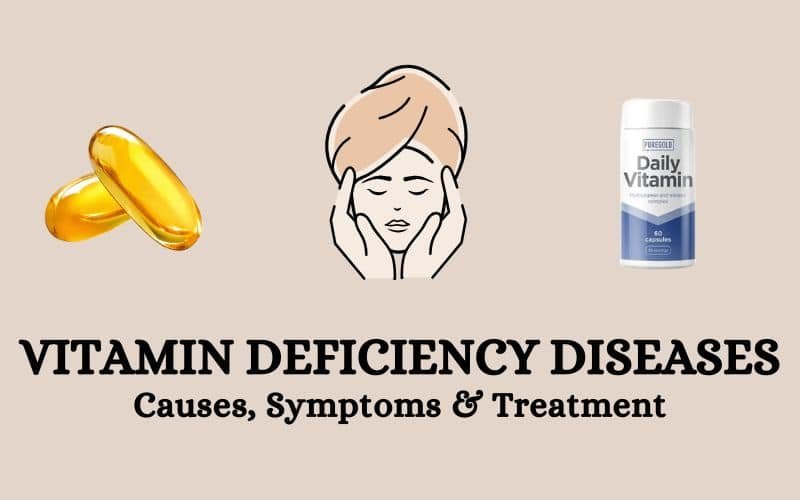
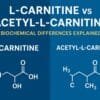

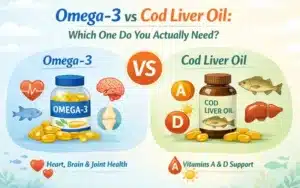
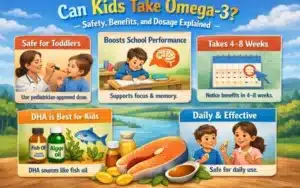
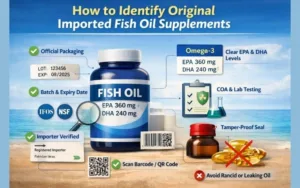


Add comment
You must be logged in to post a comment.